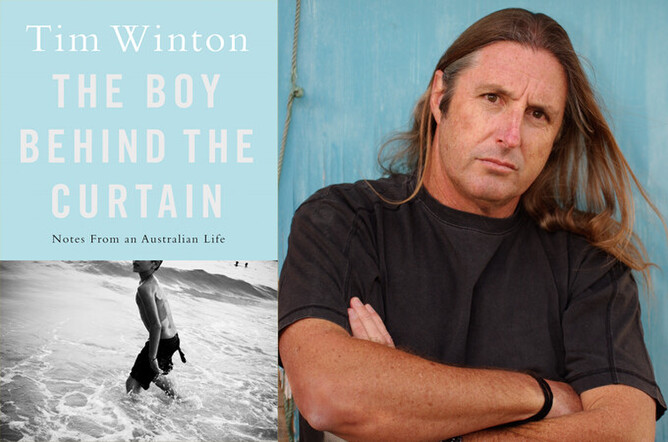In this blogpost, we’ll take a look at how Tim Winton’s collection of semi-autobiographical essays, specifically how ‘Havoc: A life in Accidents’ connects to the Texts and Human Experiences rubric.
In responses to the common module, it’s important to consider form, specifically how he combines the essay form with personal anecdotes and philosophies. Some ideas/key themes you might want to examine in his texts are his discussions of family values, emerging tensions between traditional religious values and contemporary ideas of materialism and individualism, and ideas about the human condition i.e. mortality, danger.
Topic Sentences
One key idea of the rubric that ‘Havoc’ connects to is the representation of individual and collective human experiences. Here, Winton uses personal anecdotes of childhood traumas, as well as later accidents in his life, in order to provide a reflection on how humans deal with dangerous situations. Therefore, to combine this with ideas from the rubric, a topic sentence might be:
Winton, by narrativising his own individual experiences of danger and havoc, explores the collective human experience of how personal traumas shape an individual’s worldview and future actions.
Quotes and Analysis
In choosing quotes, it’s important to not only ensure that your analysis will relate to the question and topic sentence, but also that each quote is progressing your argument, rather than just repeating it. For example, we might start the paragraph with:
Winton establishes the inherent trauma of childhood experiences of danger, using the personification of his ‘life’ while recounting a memory of witnessing a motorcycle accident: ‘Within half a second the night was jerked out of shape… I felt my life might warp and capsize along with it.’ Winton’s expressive narration compels the audience to consider the disorienting nature of such events.
Next, we might progress the argument further by noting the collective human experiences in ‘Havoc’:
Winton expands his own intensely personal experience of childhood trauma towards a universal experience of the inevitability of danger, the intertextual reference to the lyrics: ‘trouble, you can’t fool me,’ combined with Winton’s musings of how trouble is ‘in the end… pretty democratic; it’ll jump anyone, really,’ emphasising that though individual experiences and reactions to trauma may differ, they are still an inherently collective experience.
Finally, remember to provide a linking sentence, referring back to your topic sentence and the question.

